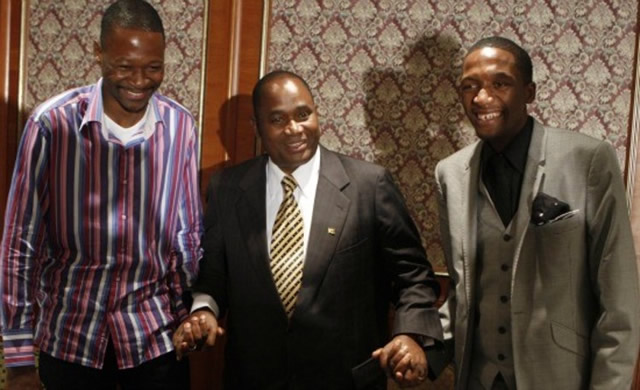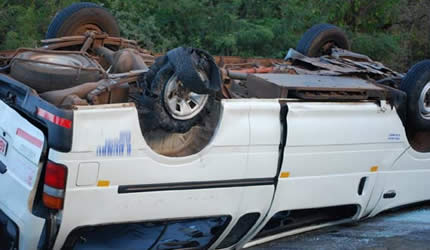2013: The curious case of miracle money

Business Editor
FOR a long time now, economic scholars have tried to explain the role of religion in the economy. In Zimbabwe’s case religion has boomed as the economic decline started resulting in an increase in churches and the recognition of the role they play. This year, Zimbabwe experienced a new craze with religious leaders which dominated the headlines for a couple of weeks. The case of miracle money was being promoted mainly by two religious leaders, pastors Emmanuel Makandiwa and Uebert Angel.
Followers, in demonstration of their leaders’ supernatural power, would have extra money in their wallets and bank accounts.
Why this news story ranks as the Herald Business’ most curious report of the year is that then Reserve Bank of Zimbabwe governor Dr Gideon Gono issued warnings against the church leaders urging them to find other ways to please their followers.
He was quoted as saying; “You cannot just wake up in the morning and say that my account has this much money which I cannot tell where it came from and hope that you can have access to it or escape interrogation by authorities. It’s not possible.”
Dr Gono cited the main pieces of legislation governing the legitimacy of money and its uses. These are the Bank Use Promotion and Suppression of Money-Laundering Act (Chapter 24:24), the Serious Offences (Confiscation of Profits) Act (Chapter 9:17) and the Suppression of Foreign and International Terrorism Act (Chapter 11:21).
He said if the money turned out to be fake or counterfeit under whatever disguise, various international conventions and protocols to which all member countries, including Zimbabwe, are signatory to, require that we declare such miraculous money “proceeds of money laundering” and continuing to encourage such practices is a very serious offence under the United Nations Convention on Suppression of Financing of Terrorism (1999),and the Convention Against Transnational Organised Crime, otherwise known as the Palermo Convention.
The pastors insisted that the money was genuine and perhaps the authorities needed to think beyond basic economics. Then Finance Minister Tendai Biti issued a statement casting aspersions over the development and challenged pastor Angel to perform his exploits and raise the US$10 billion required to offset the country’s debts to prove his “miracle money” was indeed real.
However, a few days later from such statements; a press conference was called for where Dr Gono flanked by Pastor Angel and Pastor Makandiwa acknowledged the two have no control over their miracle money as it comes from God.
The two pastors said their miracles were based on restoration and not on creation of money.
Dr Gono said he understood where the two were coming from but had only raised concerns over international violations. But he admitted no earthly laws had been broken.
Former Deputy Minister Arthur Mutambara summed it all up when he had said there was no reconciliation between economics and miracles and any attempts to link the two were futile.











Comments